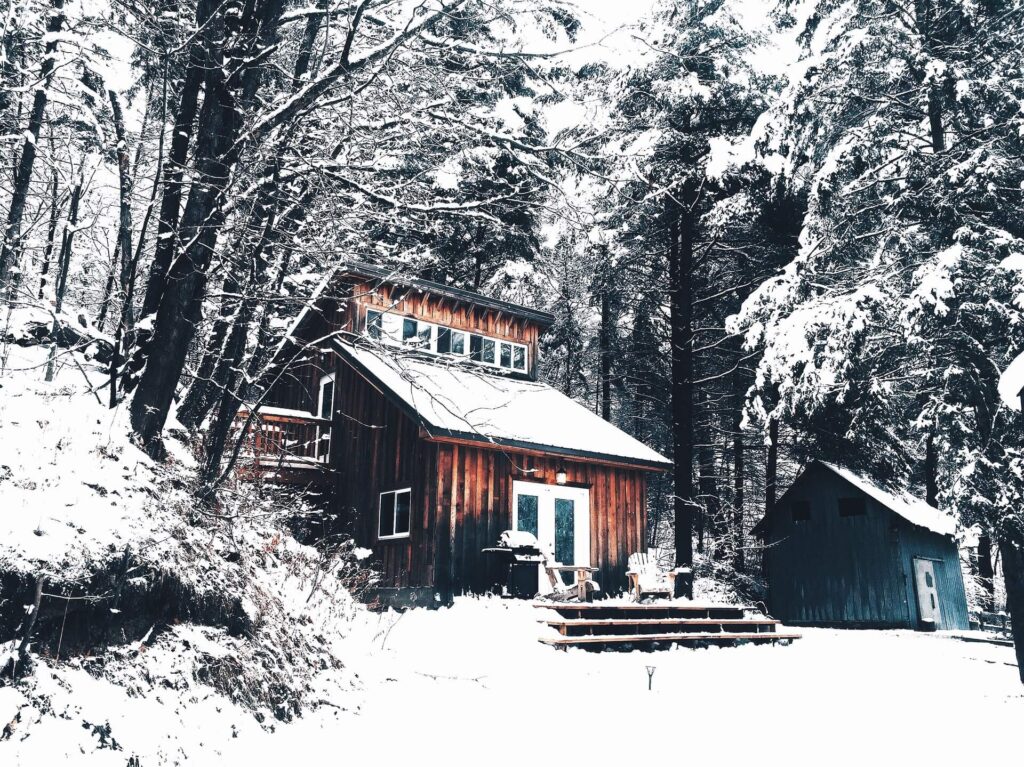Airbnb rentals are extremely popular right now. Many travelers already use them in locations around the world as an alternative to traditional hotels.
If you’re considering buying a seasonal Airbnb, you need to consider what this means for your profit potential year-round.
Snow bound or beach bound?
For example, an Airbnb is a ski town is probably going to be in high demand during the winter, but you likely will see a significant reduction in the number of interested guests during the summer months.
You may also see an uptick in guests based off the traditional school calendar.
More families tend to travel during Spring Break or when school gets out for the summer, while fewer families tend to travel around the time school starts up again in the fall.
The “busy season” for a seasonal Airbnb, therefore, depends on where the property is.
As the owner of a seasonal Airbnb, you need to figure out what the off-season is for your location.
This is the time of year when bookings significantly slow down.
While you may still be able to find weekend guests, it gets harder and harder to find guests willing to rent out your property during the week.
To try and snag new guests during the off-season, you may want to consider
- Lowering the rental rate
- Lowering the number of required nights
- Relaxing some of your house rules/restrictions
Oftentimes, travelers during this time of year are looking for a good deal and are less likely to pay full price for the chance to stay in a short-term rental during the off-season.
Some suggest dropping the rate by 40-percent, but that can vary depending on the property’s location, size and amenities.
While sometimes smaller properties can still do well, larger properties, often ones with enough space for large extended families, don’t do so well in the off-season.
You may also want to change some of your Airbnb marketing to reflect the “off-season” with
- New photographs
- New copy
You’ll want to make sure the photos reflect the season, and the copy reflects the amenities available to renters during the season they plan to visit.
By altering your Airbnb marketing strategy, you can help better attract the kinds of guests who may be looking for a short-term rental during the off-season.
Remember, many guests book short-term rentals several months in advance.

Don’t forget about your own costs
In order to meet your own obligations, you’ll need to factor in how much money you need to make year-round, versus how much money you’d potentially lose out on if the property were to stay vacant for a time.
Even if you don’t have renters in the off-season, you still will likely need to pay for things like the property’s
- Mortgage
- Taxes
- Insurance
These payments come due regardless of whether anyone is using the property currently or not.
